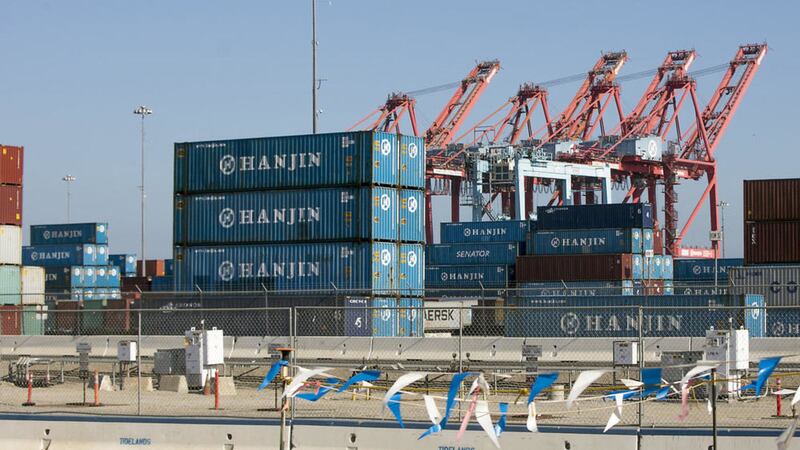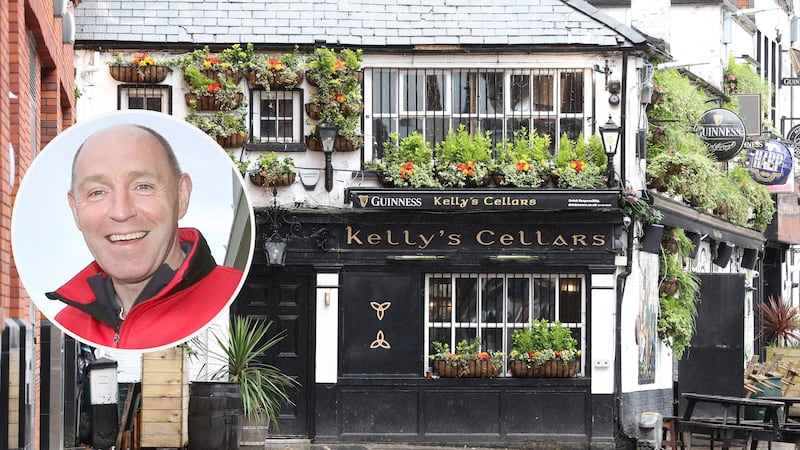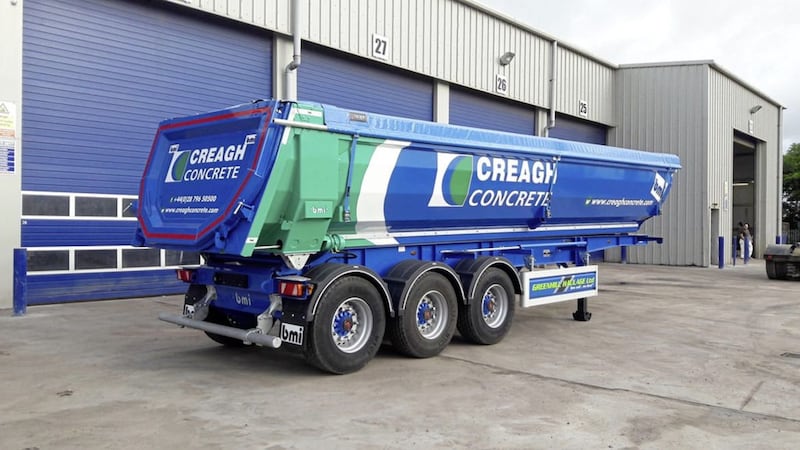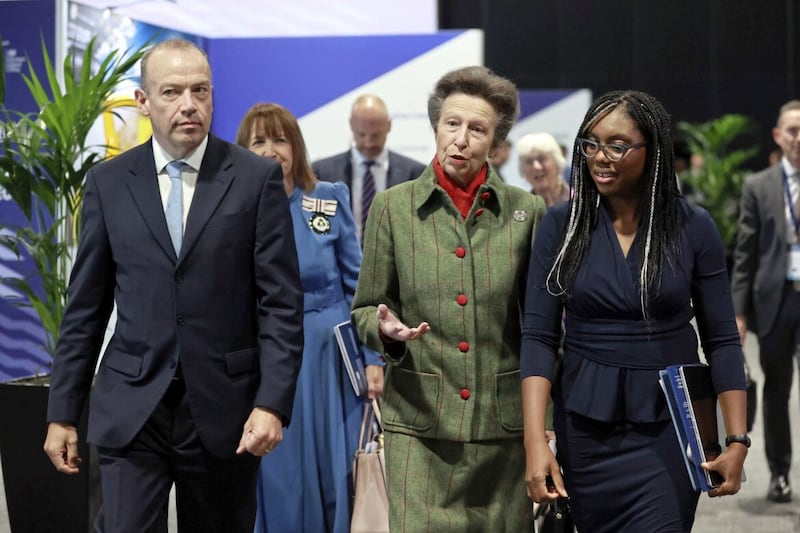OUR business has had many business customers through our doors recently as part of our Danske Bank Advantage board room lunch series. The economic climate has been changing in a number of ways and the bank has been very keen to hear how our customers are getting along.
Many of the global economic indicators tell us that things are not straightforward right now. The autumn blues appear to have set in when it comes to risk markets, central banks are looking increasingly hawkish, with no country in a rush to raise interest rates from floor level. There has also been an unexpected loss of momentum in the global business cycle.
Danske Bank’s MacroScope business cycle model suggests that we have moved into the so-called Red Quadrant in the US, Europe and Japan. In this part of the business cycle growth is losing momentum and the output gap is negative. It typically implies rising volatility and lower - and often negative - returns on risk assets.
There are currently growth worries around the US and last week’s retail sales report, which disappointed significantly, did nothing to alleviate them. Core retail sales in the US fell for the second month in a row and although this probably just reflects a small pause following very strong sales during spring and early summer, it does throw more uncertainty into the growth outlook on top of other weak industry data.
Unfortunately the consumer is currently the main driver of US growth (as investments are still suffering from the recession in the energy sector) so any weakening of consumer spending is worrying, In addition, if US imports continue to weaken this will impact emerging markets.
On the positive side, weekly US jobless claims stayed very low last week and do not suggest that the economy is heading for a deep downturn. But the recent negative retail sales number was probably the last nail in the coffin for the once expected September interest rate hike.
It's fair to say there are many aspects of the global economy that are significantly out of kilter right now. For example, the Baltic Dry index is a closely watched measure of freight rates for bulk carriers that carry commodities such as coal and iron ore. This index has plummeted by 95 per cent since its peak in 2008.
Earlier this month The Economist magazine ran a particularly worrying article around the global shipping industry. With a combination of reduced trade, over-capacity in cargo ships and prices driven to the floor to attract customers, the world’s shipping industry is in a precarious situation. Indeed Hanjin, one of South Korea’s biggest container carrier companies (the world’s seventh-largest), recently had to file for receivership. As a result, some 66 of its ships, loaded with $14.5 billion of goods, were left stranded at sea in early September.
There has also been some economic disruption closer to home since the UK’s referendum on EU membership. The biggest change so far has been the currency depreciation. There has also been a small interest rate reduction and an expansion of the Bank of England’s asset purchase programme. However, these monetary moves are barely noticeable and will take time to filter through.
For the local business community the main impact since the EU referendum has been rising input prices. For some, prices have risen by up to 10 per cent and those rising costs have not yet been passed on to customers. However, there is an expectation that higher prices will have to be passed on very soon. On a brighter note, some of our business customers reported increased orders from abroad for their products because of the weakened pound, although several CEOs also mentioned a general slowdown in inquiries too.
Local firms are naturally worried about longer-term access to their current markets and they recognise that there is confusion in government about what exactly Brexit means. Because the future is very uncertain, businesses talk of delayed or possibly abandoned investment decisions. Many corporate customers also expressed deep concern about the border issue for Northern Ireland and what this would mean for their exports, the agri food sector and the local tourism sector. The construction sector in particular is still very dependent upon work in GB and leaders from the industry tell us that they want less talk and more action from the Executive on flagship infrastructure projects.
There has been a lot of debate and discussion in Danske Bank’s board room over the last few weeks. During these chats a number of other issues beyond Brexit came to the fore. Among the most pressing were: access to skills, the need for migrant workers, local apprenticeships and the impact of the living wage on Northern Ireland companies.
Yet despite the challenges, it is widely recognised that the show must go on. The Northern Ireland business community is a resilient bunch. They care deeply about their businesses, they want to look after their employees and they are determined to succeed regardless of the uncertainty that lies ahead.
:: Angela McGowan is chief economist at Danske Bank in Northern Ireland
:: Next week: Paul McErlean








